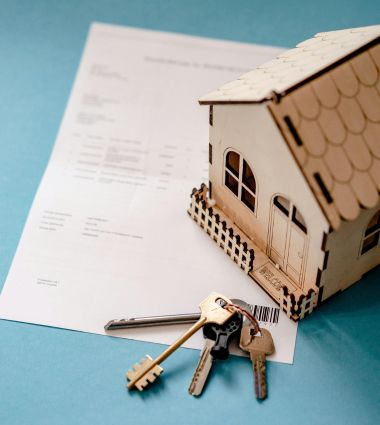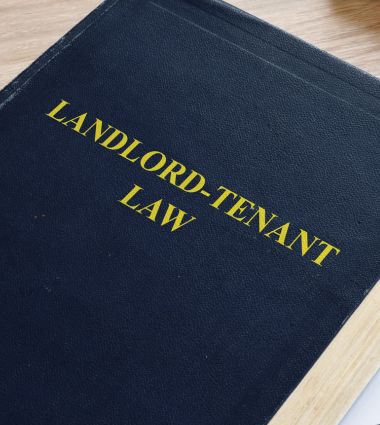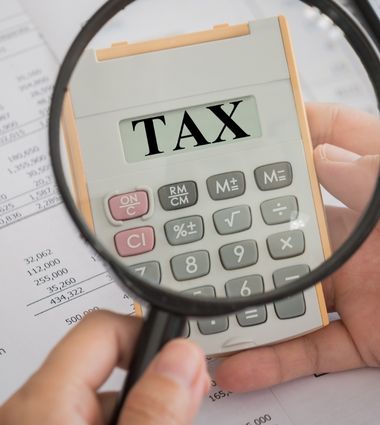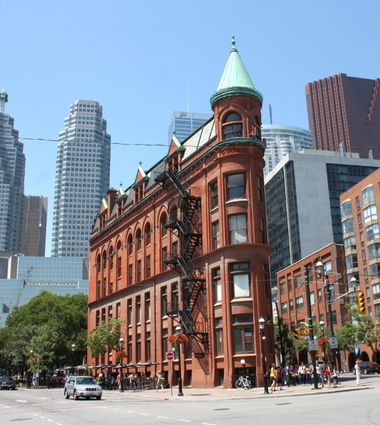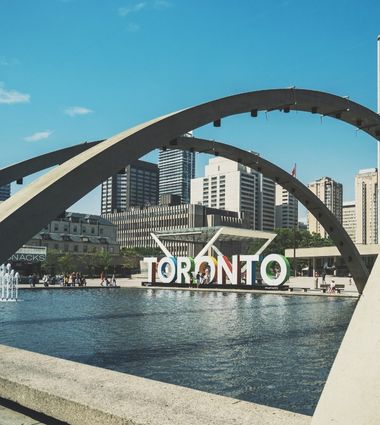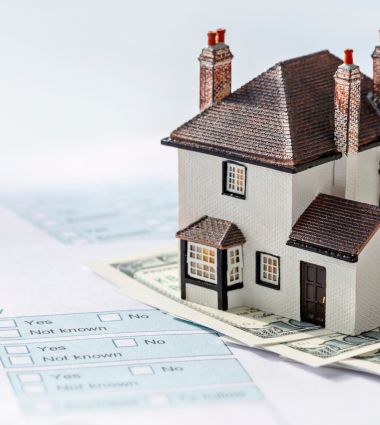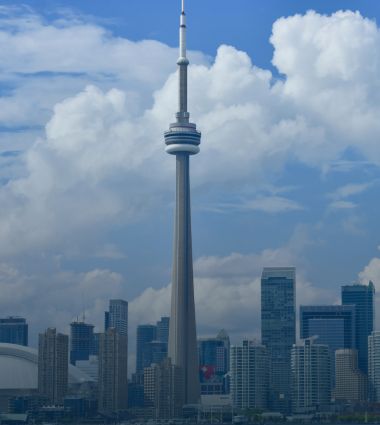Understanding Non-Resident Speculation Tax in Canada
The Canadian real estate market has long attracted attention from investors worldwide. However, non-resident buyers face unique challenges, one of which is the Non-Resident Speculation Tax (NRST). Introduced to manage housing affordability and curb speculative investments, this tax is important for foreign investors to understand before purchasing property in Canada. In this guide, we’ll explore what the NRST is, who it applies to, and how it impacts the real estate market.
What is the Non-Resident Speculation Tax?
The Non-Resident Speculation Tax (NRST) is a tax that applies to people who aren’t residents of Canada but want to buy certain types of homes here. It mainly affects residential properties like single-family houses or condos in specific regions, especially in Ontario. This tax is part of a plan to make housing more affordable for people who already live in these areas.
How the NRST Works?
The tax was first introduced in Ontario in 2017, starting at 15% of the purchase price. It increased to 20% in 2022 and reached 25% in 2023. Let’s break that down with an example:
If a foreign buyer wants to purchase a house in Ontario for $1,000,000, they’ll have to pay an extra $250,000 in NRST. So, the total cost jumps to $1,250,000.
Why Does This Tax Exist?
The NRST is there to prevent foreign buyers from pushing up home prices by buying properties as investments instead of places to live. When wealthy investors buy multiple homes just to sell them later at a higher price, it can make the market more competitive and less affordable for regular families.
This tax helps slow down that kind of buying. For example, in areas like Toronto, where housing prices have skyrocketed in recent years, policies like the NRST aim to give local buyers a better shot at owning a home.
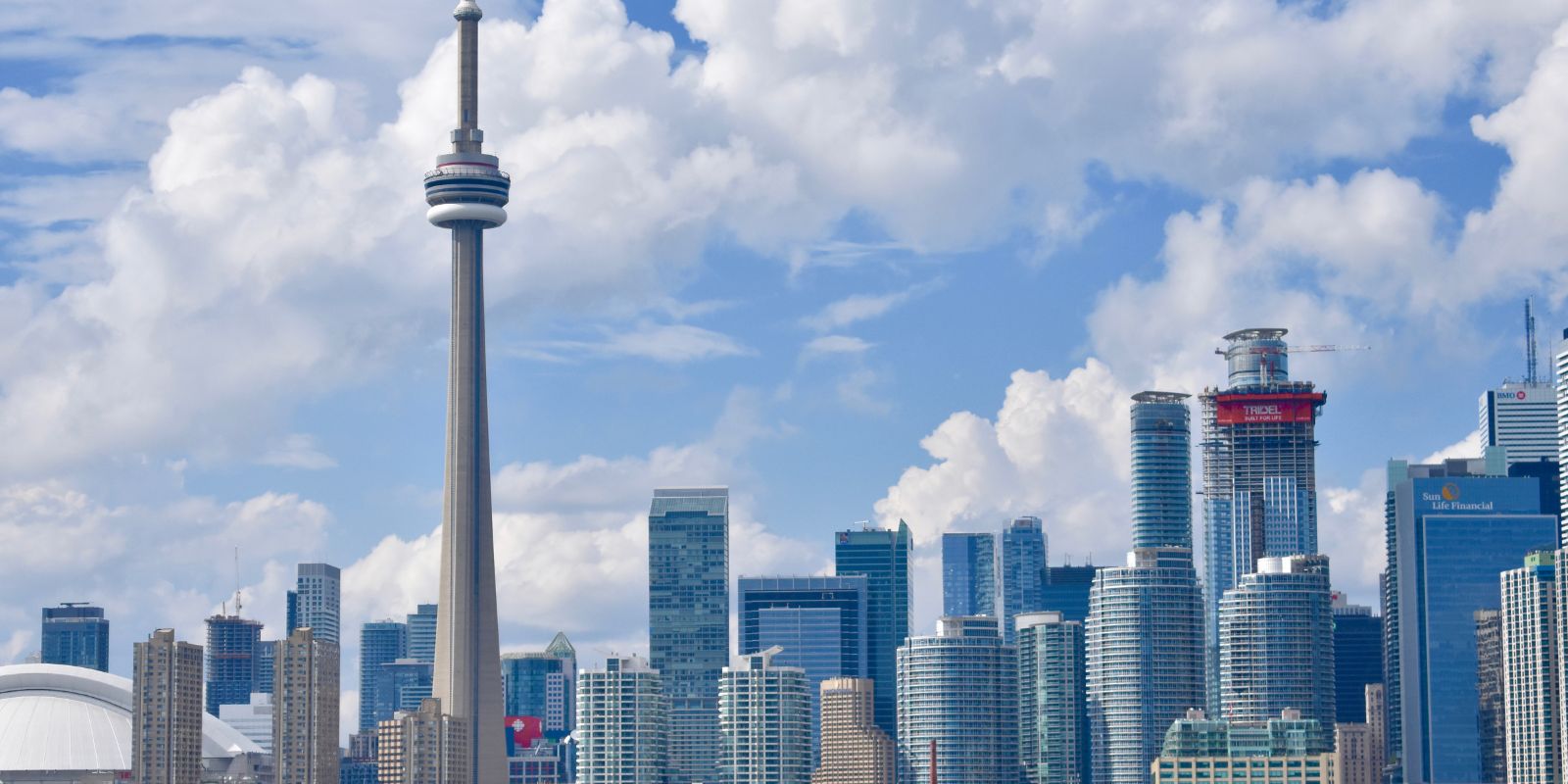
Where Does the NRST Apply?
The Non-Resident Speculation Tax (NRST) isn’t something you’ll deal with across all of Canada. It’s targeted at certain areas where housing demand is high, and affordability is a big concern. Let’s break down where this tax comes into play.
Ontario: The Greater Golden Horseshoe
In Ontario, the NRST is focused on the Greater Golden Horseshoe (GGH). This region includes major cities like Toronto, Hamilton, and Niagara Falls, as well as surrounding towns. The GGH is one of Canada’s busiest real estate markets, known for its growing population and rising home prices. The tax is meant to ease some of that pressure by curbing speculative buying from non-residents.
British Columbia: Metro Vancouver and Beyond
In British Columbia, a similar tax exists but under a different name: the Speculation and Vacancy Tax (SVT). This applies mainly to Metro Vancouver and nearby areas, where housing shortages have been a long-standing issue. While the SVT isn’t the same as the NRST, it also aims to reduce foreign investment in residential properties that drives up local prices.
Other Provinces
Some provinces, like Nova Scotia, have created their own rules for foreign property buyers. For example, Nova Scotia introduced a property tax for non-residents who don’t live or work in the province. These rules vary widely, so knowing the specific regulations for each region is crucial if you’re planning to invest.
Real estate in Canada isn’t a one-size-fits-all situation. Each province has different laws and taxes based on their housing needs. If you’re thinking about buying a home as a non-resident, make sure you research the local rules.
Who is Subject to the NRST?
The Non-Resident Speculation Tax (NRST) targets specific groups of buyers involved in purchasing residential properties in certain regions of Canada. It’s designed to address housing affordability by limiting speculative buying from non-residents.
Individuals
If you’re a foreign national, meaning you’re not a Canadian citizen or permanent resident, the NRST applies to you. For example, if someone from abroad buys a home in Ontario without permanent ties to Canada, they’ll need to pay this tax.
Corporations
The tax doesn’t just apply to people. If a corporation is controlled by non-residents, it’s also subject to the NRST. This prevents businesses owned by foreign investors from bypassing the tax by purchasing property under a company name.
Trustees
Some trustees acting on behalf of non-residents must pay the NRST as well. This includes cases where the property is being managed for someone who doesn’t meet the residency or citizenship criteria.
Are There Any Exemptions?
Yes, not everyone has to pay the NRST. Here are the key exceptions:
Canadian Citizens and Permanent Residents
If you’re a Canadian citizen or hold permanent residency status, the NRST doesn’t apply to you. This means locals or those with long-term residency aren’t affected by this tax.
Spouses
In cases where a spouse who is a Canadian citizen or permanent resident co-purchases the property, the NRST may not apply. For instance, if a Canadian marries someone from abroad and they buy a house together, the tax could be avoided.
Work Permits
Foreign nationals with valid work permits may also be exempt, provided they meet specific residency requirements. For example, if you’re working in Ontario under a permit and have lived in the province for an extended period, you might not need to pay the NRST.
Understanding whether the NRST applies to you or not can save you a significant amount of money. For instance, on a $1 million home, the tax could add up to $250,000 in Ontario. If you’re unsure about your situation, it’s a good idea to consult a real estate lawyer or tax specialist to avoid any surprises.
How Much is the NRST?
The Non-Resident Speculation Tax (NRST) is calculated as a percentage of the purchase price of certain residential properties. The rate varies depending on the province and has been adjusted over time to reflect market trends.
Ontario’s NRST Rate
In Ontario, as of 2023, the NRST rate is 25% of the property’s purchase price. This makes it one of the highest taxes of its kind in Canada. It applies to residential properties with up to six units, such as single-family homes, duplexes, and triplexes.
Example Calculation
To make it simple, let’s break it down:
- Imagine a non-resident buys a home in Ontario for $800,000.
- The tax is 25% of that amount, so the calculation looks like this:
$800,000 × 25% = $200,000. - The total cost for the buyer would then be $1,000,000 ($800,000 for the property plus $200,000 in tax).
Other Provinces
Ontario isn’t the only place with similar taxes. For instance:
- British Columbia has a Speculation and Vacancy Tax, with rates between 0.5% and 2%, depending on residency and property usage.
- Nova Scotia also has its own version of a tax aimed at non-resident buyer
For non-residents, the NRST significantly increases the upfront cost of buying a home. It’s designed to cool down the housing market and make homes more affordable for local buyers. If you’re considering investing in Canada, knowing these costs is critical to planning your budget effectively.
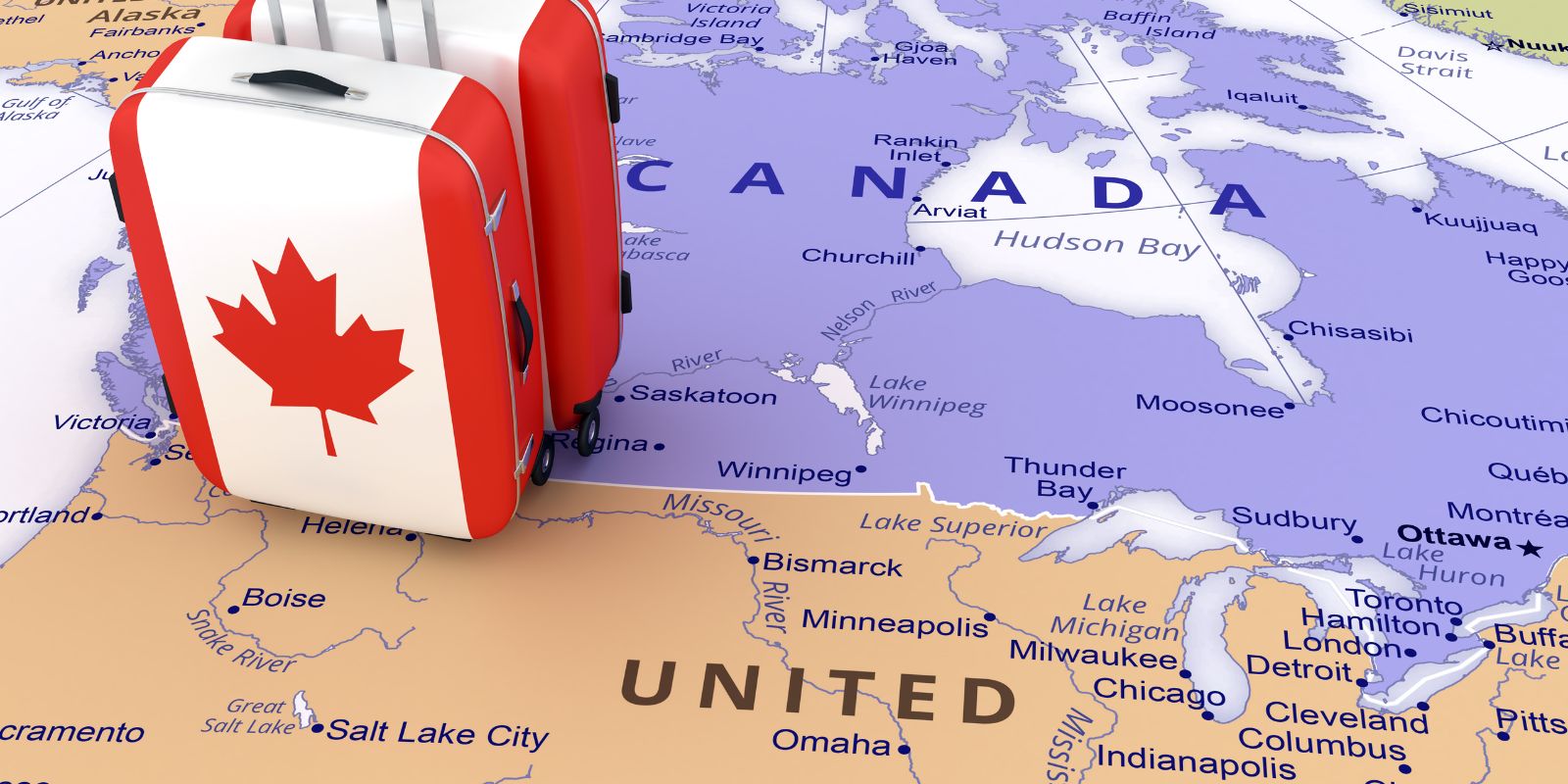
How Does the NRST Impact Real Estate in Canada?
The Non-Resident Speculation Tax (NRST) plays a major role in shaping Canada’s housing market, especially in areas where demand is high. This tax is aimed at foreign buyers, and its effects ripple across the market in several ways.
Impact on Housing Prices
One of the main goals of the NRST is to curb speculative buying, where investors purchase properties just to sell them later at a profit. By discouraging this, the tax helps keep prices more stable. For example, in cities like Toronto, the tax has slowed down price increases, giving local buyers a better shot at owning a home. However, this doesn’t mean prices have dropped everywhere. Some smaller cities and suburbs are seeing more demand as buyers shift their focus.
Influence on Foreign Investment
The tax also pushes many foreign investors to look beyond residential properties. Instead of homes, they may invest in commercial real estate or choose regions where the tax doesn’t apply. In provinces like Ontario and British Columbia, where the NRST is strictly enforced, investors often explore markets with fewer restrictions, such as smaller towns or less-populated areas.
Shifts in Market Dynamics
While major cities like Vancouver and Toronto have seen some cooling in price growth, areas outside these hubs are experiencing higher interest. This is partly because local buyers who feel priced out of urban markets are moving to more affordable locations. At the same time, some foreign investors may try to bypass the tax by exploring other types of properties, such as multi-unit buildings or commercial spaces.
Who Benefits?
- Local Buyers: With fewer speculative purchases, there’s less competition, which can make it easier for people living and working in Canada to buy a home.
- Neighbourhoods Outside Urban Centres: Smaller cities often benefit from increased demand, which can boost local economies.
- Investors in Other Real Estate Sectors: Commercial properties, which are not subject to the NRST, may attract more interest from foreign buyers.
By targeting speculative activity, the NRST creates a ripple effect in the housing market, balancing affordability in some areas while shifting demand to others.
NRST Rebates and Refunds
Paying the Non-Resident Speculation Tax (NRST) doesn’t always mean it’s final. In some cases, buyers can apply for rebates or refunds if they meet certain conditions. Here’s a closer look at who might qualify and how the process works.
Who Can Get an NRST Refund?
1. Becoming a Permanent Resident
If you become a permanent resident of Canada within four years of buying a property, you may be eligible for a refund. This helps people who plan to settle in Canada long-term.
2. Full-Time Students
Foreign students attending a recognised Canadian post-secondary institution may qualify for an NRST rebate. For example, if you’re enrolled full-time at the University of Toronto, you could get a break on the tax.
3. Valid Work Permit Holders
Non-residents working in Ontario on a valid work permit who live in the province might also qualify. This includes individuals actively contributing to the local economy through employment.
How to Apply for an NRST Refund
To claim a refund, you’ll need to provide supporting documents. These might include:
- Proof of permanent residency, such as your PR card or landing papers.
- School enrollment records if you’re a student, like admission letters or course schedules.
- Work permit details showing your residency and employment status in Ontario.
Applications must be submitted within four years from the property’s purchase date. Make sure to keep all necessary documents organized and file on time to avoid missing out.
Rebates and refunds under the NRST are designed to help people who are genuinely investing in their lives in Canada. They provide some relief for new residents, students, and workers who might otherwise struggle with additional costs.
Key Considerations for Non-Residents
If you're a non-resident looking to invest in Canadian real estate, the Non-Resident Speculation Tax (NRST) is something you’ll need to account for. While the tax adds an extra cost, careful planning can help you manage it better. Here are some tips to get you started.
Budget for the NRST
The NRST adds 25% of the property’s purchase price in Ontario. For example, if you’re buying a $600,000 home, that’s an extra $150,000 in tax. To avoid surprises, include this in your budget upfront.
Work with a Real Estate Lawyer
Understanding Canadian real estate laws and taxes can be tricky. A professional, like Khan Law in Toronto, can break things down for you. They’ll help you understand the legal steps, check for potential exemptions, and make sure everything is done right.
Explore Possible Exemptions
Not everyone has to pay the NRST. You might qualify for an exemption or rebate if:
- You’re a full-time student at a Canadian university.
- You have a valid work permit and live in Ontario.
- You become a permanent resident within four years of purchasing your home.
Checking your eligibility before you buy could save you thousands of dollars.
Think Long-Term with Your Investment
Since the NRST increases your initial costs, focus on properties that offer good long-term returns. For instance, homes in growing suburban areas, like Barrie or Oshawa, might be more affordable now but could increase in value over time.
The Non-Resident Speculation Tax is a significant factor for foreign investors considering Canadian real estate. Understanding its scope, rate, and impact is essential for making informed decisions. Whether you’re buying your first property or adding to your portfolio, consulting experts like Khan Law can help you understand the complexities of the NRST and maximize your investment potential.
Stay informed, plan carefully, and seek professional advice to turn the challenges of the NRST into opportunities for success in Canada’s real estate market.
Real Estate
Family Law
Wills & Estates
Immigration
Join Our Mailing List.
Sign up with your email to receive our newsletter and stay informed about the latest legal developments and special offers.











